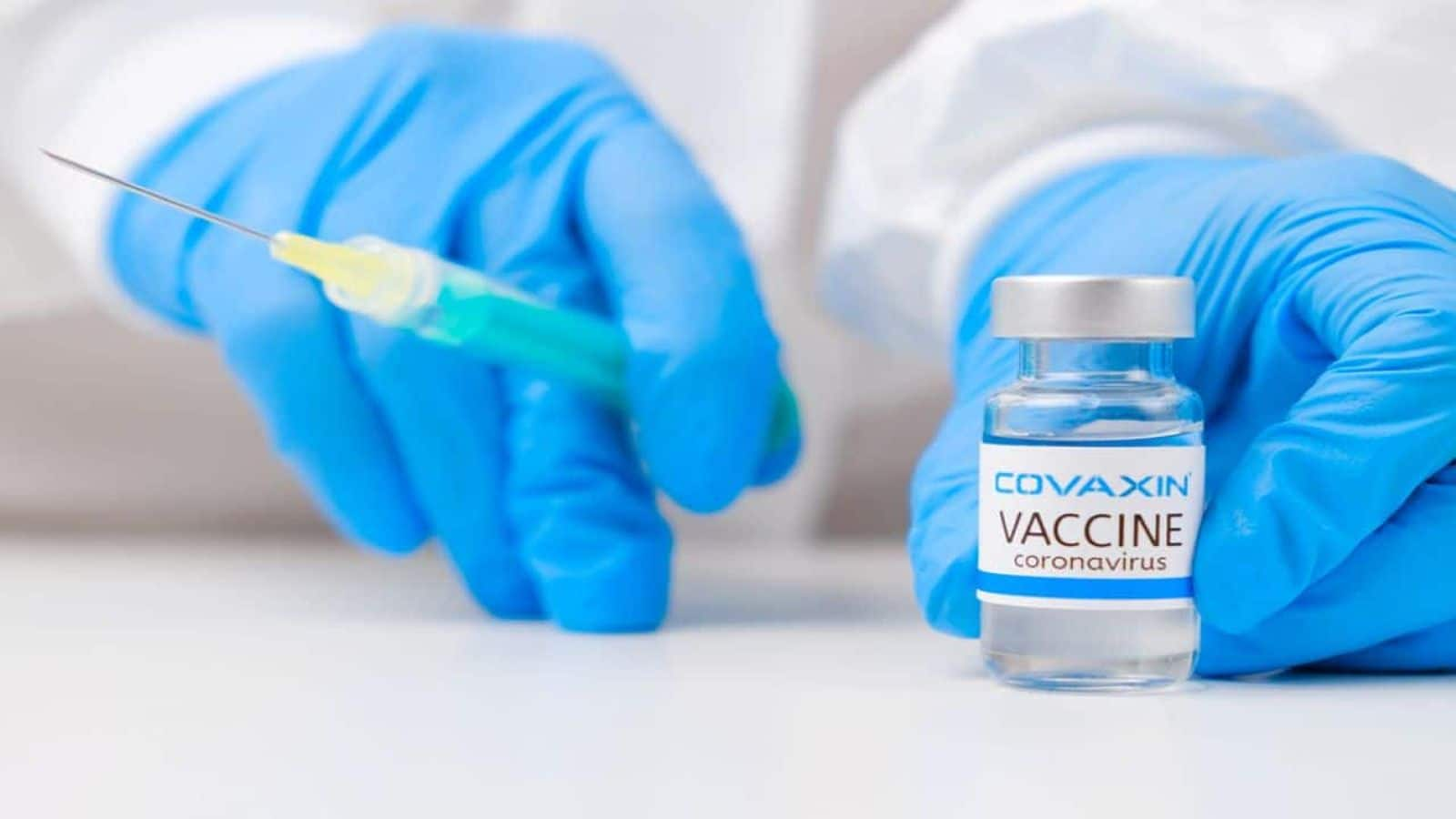
After Covishield, new study finds side effects in Covaxin recipients
What's the story
A recent study published in Springer Nature revealed that over 30% of Covaxin recipients reported "adverse events of special interest" (AESI). The research was conducted by a team at Banaras Hindu University (BHU), led by Dr. Sankha Shubhra Chakrabarti. The study involved a one-year follow-up analysis of 926 participants who had received the COVID-19 vaccine developed by Bharat Biotech.
Infection rates
Half of study participants report infections post-vaccination
The study found that nearly half of the participants reported infections during the follow-up period. These were predominantly viral upper respiratory tract infections. This revelation comes on the heels of AstraZeneca, the UK-based maker of Covishield, admitting in court that its vaccine could cause rare blood clots and low blood platelet counts. Chakrabarti's team also noted serious AESIs in 1% of individuals, including conditions such as stroke and Guillain-Barre syndrome.
Common reactions
Most common adverse events post-vaccination identified by study
Among the 926 participants, which included 635 adolescents and 291 adults, new-onset skin and subcutaneous disorders, general disorders, and nervous system disorders were identified as the most common adverse events following vaccination. In adolescents, these conditions were reported at rates of 10.5%, 10.2%, and 4.7% respectively while in adult recipients, general disorders were reported by 8.9% of participants, musculoskeletal disorders by 5.8%, and nervous system disorders by 5.5%.
Serious outcomes
4 deaths and other adverse events reported by study
The study also reported four deaths among adult participants—three females and one male—all with pre-existing conditions such as diabetes and hypertension. Additionally, menstrual abnormalities were found in 4.6% of female participants, while ocular abnormalities and hypothyroidism were observed in 2.7% and 0.6% of participants respectively. However, the researchers emphasized that without a definite causality association, no conclusions can be drawn from these events.
Bharat Biotech
Bharat Biotech responds to findings
Responding to the findings, Bharat Biotech said there were lapses in the research on its COVID-19 vaccine, Covaxin. "Several studies have been executed on the safety of Covaxin and published in peer-reviewed journals, demonstrating an excellent safety track record," the drugmaker said in a statement. It also noted that in order to conduct an effective and informative safety study without bias, "the AESI safety profile of the subjects prior to participation in the study has to be kept in mind."